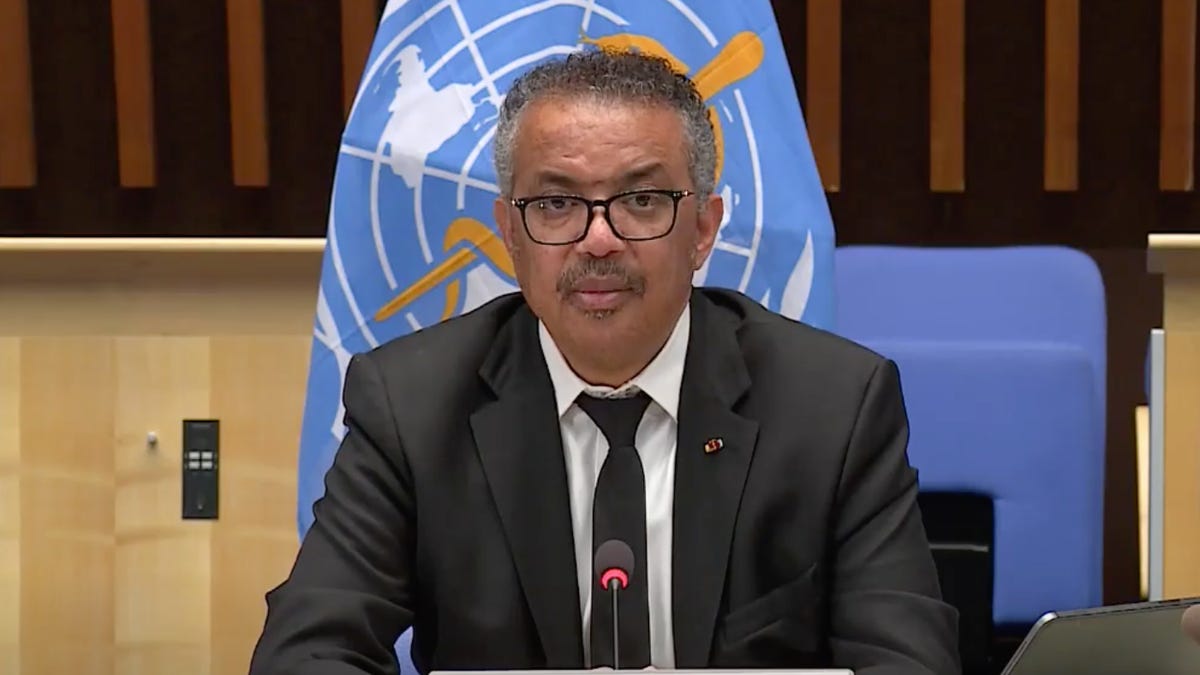WHO chief hopes coronavirus pandemic will be over in less than two years
Tedros Adhanom Ghebreyesus, the head of the World Health Organization, believes the outbreak could be shorter than the 1918 flu.

WHO Director-General Tedros Adhanom Ghebreyesus urged nations to come together to develop and eventually share a coronavirus vaccine.
The coronavirus pandemic doesn't come with an expiration date, but some educated guesses as to when it will all end are surfacing. Earlier this month, Microsoft co-founder Bill Gates predicted the outbreak could be over for wealthy countries by the end of 2021. This week, the head of the World Health Organization, Tedros Adhanom Ghebreyesus, who goes by Dr. Tedros, said he hopes the pandemic will be over in two years, making it shorter than the Spanish flu pandemic of 1918 and 1919.
"We hope to finish this pandemic before ... less than two years," Tedros said in a media briefing this week. "Especially if we can pool our efforts together and with national unity, global solidarity -- that's really key -- with utilizing the available tools to the maximum and hoping that we can have additional tools like a vaccine, I think that we can finish it in a shorter time than the 1918 flu."
Media briefing on #COVID19 with @DrTedros https://t.co/iawmEC7AtJ
— World Health Organization (WHO) (@WHO) August 18, 2020
He urged nations to join the COVAX Global Vaccines Facility, a collaboration with the goal of speeding up development and manufacture of COVID-19 vaccines, and eventually guaranteeing fair equitable access to such vaccines for all countries.
Tedros, who's from Ethiopia, is a biologist and public-health researcher who's been in his WHO role since 2017. While he didn't specify a specific ending month or range of months for his estimate, the WHO declared the coronavirus outbreak a Public Health Emergency of International Concern in January, and a pandemic in March.
The 1918 flu pandemic lasted about two years and two months, and came in multiple waves. According to the CDC, as many as 500 million people worldwide were infected, and 50 million died of the disease.

